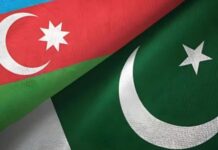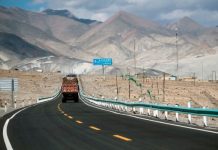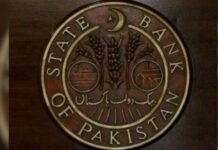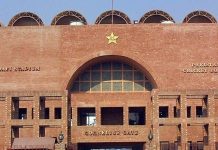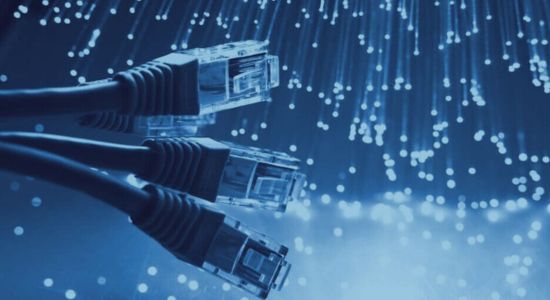ISLAMABAD, Dec 24 (NNI): Internet users in Pakistan are set to experience a sigh of relief with the installation of a modern undersea cable connecting Africa to the South Asian country.
The modern cable is expected to be connected in the coming days, the sources said, and that the cable, which is part of a larger program, will stretch 45,000 kilometers and have a capacity of 180 terabits per second.
The installation process is currently in its final stages. Once connected, the cable is expected to increase internet speeds, particularly for social media apps and other online services.
Pakistan is part of the 2Africa Pearls project, which will extend from the Gulf countries to India. The 2Africa cable has 46 landing stations in 33 countries, making it a vital component of the global digital infrastructure.
Pakistan is part of the 2Africa Pearls project, which will extend from the Gulf countries to India. The 2Africa cable has 46 landing stations in 33 countries, making it a vital component of the global digital infrastructure.
Earlier, it was reported that Pakistan ranks 198th globally in internet speed rankings, according to a report by the World Population Review.
According to the report, Pakistan ranks below Palestine, Bhutan, Ghana, Iraq, Iran, Lebanon, and Libya in internet speed.
The average mobile internet download speed in Pakistan is 19.59 Mbps, while broadband internet averages 15.52 Mbps.
The United Arab Emirates (UAE) leads globally in both mobile and broadband internet speed, followed by Singapore in mobile internet and Qatar in broadband speed.
Over the past few months, internet users across Pakistan have been increasingly voicing their frustrations regarding frequent outages and slow internet speeds.
The situation has particularly impacted the country’s freelancing community, raising concerns about its potential to increase unemployment rates.
It is pertinent to mention here that the current internet issues are linked to the implementation of internet firewalls, which are installed at a country’s main internet gateways to monitor and filter traffic. While these systems can control or block content on websites and social media platforms, authorities claim that, they also have the capability to trace the origin of objectionable material.
Federal Minister of State for Information Technology, Shaza Fatima Khawaja had revealed that the slow internet service in Pakistan is due to the excessive use of Virtual Private Networks (VPNs).
She clarified that the internet was neither blocked nor intentionally slowed down, but the increased usage of VPNs has affected the internet speed.
Shaza Fatima Khawaja explained that when certain apps’ services were blocked, people started using VPNs, which bypassed local internet services and slow down the internet. She added that using VPNs also slows down mobile internet speeds. NNI








